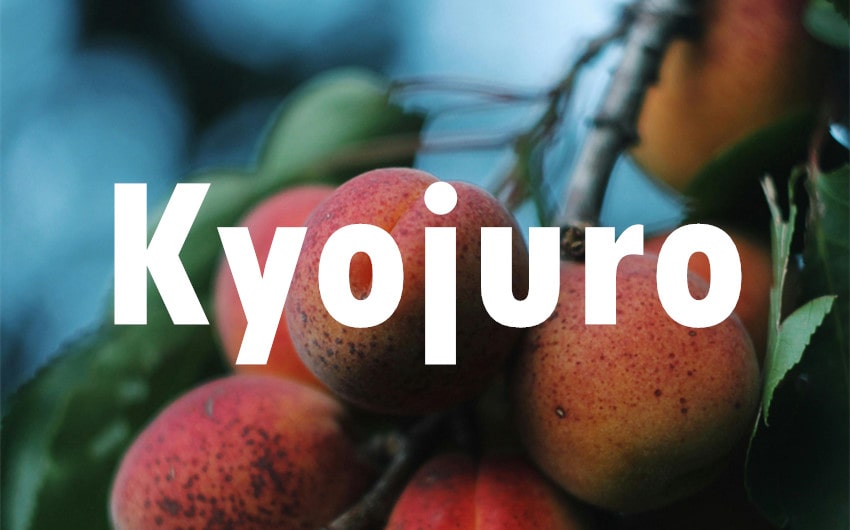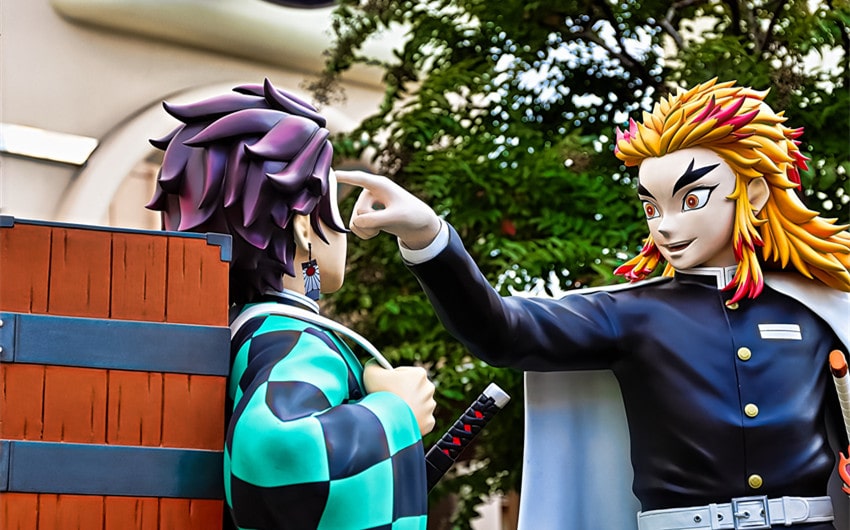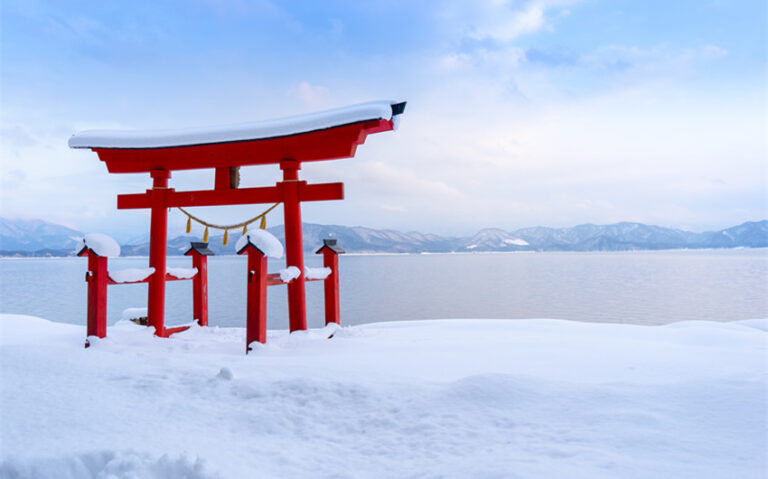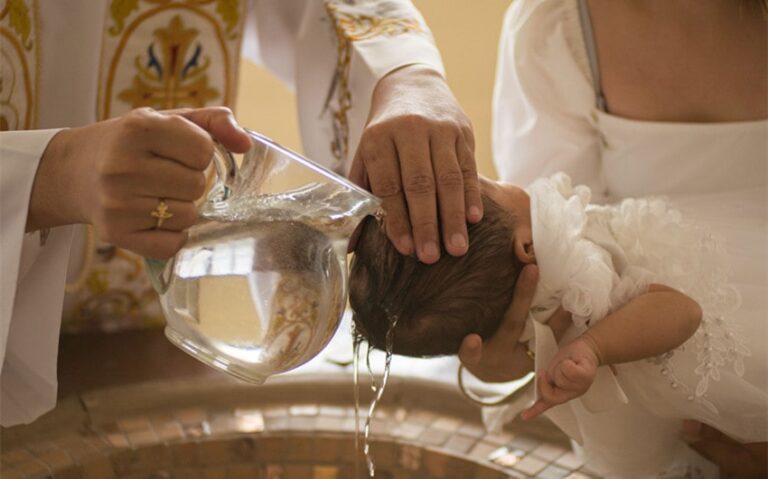Hidden Interpretations of the Kyojuro Name Meaning Explained
Names hold deep meaning, often reflecting strength, heritage, and personal values. Kyojuro is a striking Japanese name known for its powerful presence and rich symbolism. Whether you’ve encountered it in history, literature, or modern culture, the Kyojuro name meaning carries a sense of resilience, honor, and prosperity.
Rooted in traditional kanji, its meaning varies based on its characters, but it often represents longevity, bravery, and a passionate spirit. Understanding the depth behind this name offers insight into why it continues to inspire admiration, making it a meaningful choice for those who value strength and determination in life.
The Origin and History of the Name Kyojuro
The name Kyojuro (杏寿郎) is a traditional Japanese given name with strong historical and cultural significance. Its meaning varies based on the kanji used, often symbolizing strength, longevity, and honor.
Kanji Breakdown and Meaning
- 杏 (Kyo) – “Apricot”: Represents growth, resilience, and perseverance.
- 寿 (Ju) – “Longevity”: Symbolizes prosperity, blessings, and a meaningful life.
- 郎 (Ro) – “Son” or “Nobleman”: Common in male names, denoting leadership and honor.
Together, Kyojuro (杏寿郎) conveys “a strong and resilient leader blessed with longevity.”
Historical and Cultural Roots
Kyojuro follows the naming conventions of samurai-era Japan, where “Juro” (寿郎) was often given to eldest sons and noble warriors, signifying responsibility and strength. The “Ro” (郎) suffix was used for leaders and disciplined figures, reinforcing its noble character.
Modern Recognition
Though rare today, Kyojuro gained popularity through Kyojuro Rengoku (煉獄杏寿郎) from Demon Slayer, further cementing its association with bravery, selflessness, and heroism. The name remains a symbol of resilience and honor, admired both historically and in modern storytelling.
Spiritual and Symbolic Meaning of Kyojuro

The name Kyojuro (杏寿郎) carries deep spiritual and symbolic significance, reflecting themes of strength, longevity, and honor. Rooted in kanji that represent growth, resilience, and noble leadership, the name embodies both physical endurance and inner wisdom. It aligns with traditional Japanese values of perseverance, duty, and courage, making it a name rich in spiritual meaning and cultural depth.
1. Strength and Resilience – The Symbolism of “Kyo” (杏)
The first kanji, 杏 (Kyo), meaning “apricot,” is often associated with strength, adaptability, and renewal. In Japanese culture, apricot trees are admired for their ability to withstand harsh conditions while still bearing fruit, symbolizing:
- Endurance in adversity – The ability to persevere through challenges.
- Growth and renewal – A reminder that hardship can lead to new beginnings.
- Inner and outer strength – Balancing physical power with mental resilience.
Spiritually, this reflects the idea that true strength is not just about power but also about the ability to endure and thrive despite hardships.
2. Longevity and Prosperity – The Meaning of “Ju” (寿)
The second kanji, 寿 (Ju), meaning “longevity” or “good fortune,” is a powerful symbol of prosperity, happiness, and a fulfilling life. This character frequently appears in Shinto and Buddhist blessings, reinforcing its association with divine favor and protection. It represents:
- A long and meaningful life – Encouraging wisdom and patience over time.
- Good fortune and blessings – A name carrying positive energy and prosperity.
- Spiritual endurance – The ability to maintain one’s path with determination and grace.
In many traditions, names with 寿 are considered auspicious and bring luck, making Kyojuro a name of great spiritual depth and significance.
3. Honor and Bravery – The Meaning of “Ro” (郎)
The final kanji, 郎 (Ro), meaning “son” or “nobleman,” is traditionally linked to honor, discipline, and leadership. In samurai culture, names ending in “Ro” were given to those expected to uphold values of duty and courage. Symbolically, this represents:
- Honor and loyalty – A commitment to righteousness and selflessness.
- Courage and fearlessness – The willingness to stand strong despite adversity.
- A protector’s spirit – A name suited for those who lead and inspire others.
This kanji reinforces Kyojuro’s connection to samurai principles, where true leadership comes from strength, wisdom, and a deep sense of responsibility.







